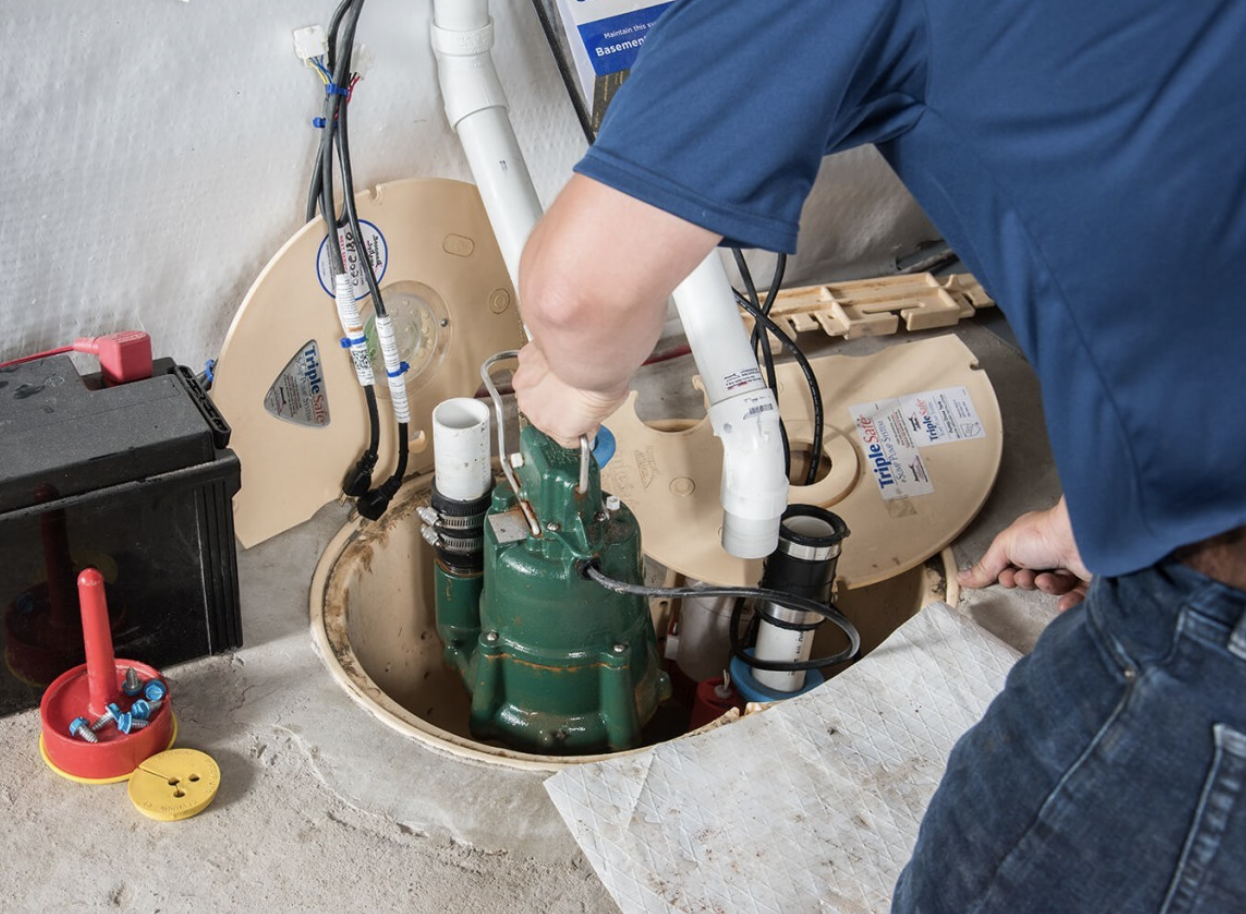Costs Water Softeners: Transforming Difficult Water into Soft, Glamorous Convenience
Costs Water Softeners: Transforming Difficult Water into Soft, Glamorous Convenience
Blog Article
Comprehending the Trick Components of Effective Water Purification Systems

Relevance of Water Purification Solution
Water filtering systems play an essential function in guaranteeing access to safe and clean drinking water by efficiently eliminating pollutants and impurities. These systems are crucial in addressing the expanding concerns over water top quality and the potential health and wellness risks linked with taking in infected water. By using numerous filtering devices such as reverse osmosis, triggered carbon, and UV sanitation, water filtration systems can successfully eliminate unsafe compounds like microorganisms, viruses, hefty steels, and chemicals from the water system.
Moreover, water filtering systems aid to enhance the preference and smell of water by getting rid of chlorine, debris, and various other pollutants that can impact its top quality. Pump repairs & installation. This enhancement in water top quality not only makes it a lot more tasty but likewise urges individuals to consume an ample quantity of water daily, promoting much better hydration and general wellness
Types of Filtering Parts

Physical filters are developed to literally stress out contaminations from the water. These filters can be made of materials like ceramic, carbon, or even sand, and they function by capturing particles larger than the filter's pores as water travels through.
Chemical filters utilize different chemical procedures to get rid of contaminants from the water. Examples include activated carbon filters, which adsorb pollutants, and reverse osmosis membranes, which utilize pressure to separate pollutants from the water.
Biological filters use living organisms like germs or algae to damage down raw material and toxins in the water. These filters are frequently used in wastewater treatment plants or natural water purification systems.
Understanding the various kinds of purification parts is crucial for choosing one of the most appropriate water filtering system for certain purification needs.
Feature of Debris Filters
Sediment filters play a vital function in water filtering systems by effectively capturing strong bits put on hold in the water. These filters are commonly the initial line of defense in a filtration system, getting rid of bigger bits such as sand, silt, dust, and corrosion before the water relocates with finer filtering phases. By capturing these sediments, the filters stop them from reaching downstream components, hence prolonging the lifespan and performance of the entire system.
The function of debris filters is important in keeping water high quality and safeguarding delicate devices from damages triggered by debris. Furthermore, by removing noticeable fragments, debris filters improve the quality and taste of the water. Routinely cleansing or replacing debris filters is important to make certain ideal efficiency. Overlooking this upkeep can bring about clogging, decreased water circulation, and compromised purification effectiveness. In general, sediment filters are crucial components that contribute significantly to the efficiency of water purification systems.
Role of Triggered Carbon Filters
Playing a crucial role in water filtering systems, turned on carbon filters are crucial in removing pollutants and pollutants from the water system. These filters are made to adsorb and catch a vast array of contaminants, consisting of chlorine, unstable natural substances (VOCs), chemicals, and herbicides. The turned on carbon product has a huge surface location, enabling the effective trapping of pollutants with a process called adsorption. As water travels through the filter, the triggered carbon draws in and holds onto the pollutants, making sure that the water that appears on the other side is cleaner and much safer for usage.
Turned on carbon filters are extremely effective at enhancing the taste and smell of water by reducing chemicals that can affect its high quality. Due to their flexibility and integrity, triggered carbon filters are a key part in guaranteeing that water is detoxified to the greatest standards prior to reaching consumers.
Comprehending Reverse Osmosis Systems
Reverse osmosis systems are innovative water filtration systems that use a sophisticated procedure to remove impurities and impurities from alcohol consumption water. These systems work by using stress to the water, requiring it via a semi-permeable membrane. This membrane works as a barrier, enabling just pure water molecules to travel through, while blocking larger molecules such as minerals, chemicals, and various other contaminations. As a result, the water that comes out on the various other side is dramatically cleaner and safer for usage.
One trick benefit of reverse osmosis systems is their ability to remove a large array of impurities, consisting of hefty steels, liquified microorganisms, solids, and infections. This makes them highly efficient in enhancing the overall high quality and safety of drinking water. Additionally, reverse osmosis sites systems are relatively low-maintenance and can be installed under the sink or in a main purification system, giving hassle-free accessibility to clean water throughout the home. look at this web-site In general, understanding how reverse osmosis systems work can aid people make notified decisions about their water purification demands.
Conclusion
In final thought, effective water filtering systems are essential for making certain safe and tidy alcohol consumption water. By comprehending the feature and role of each element, individuals can make educated choices when selecting a water filtering system.
Water purification systems play an important duty in guaranteeing accessibility to risk-free and tidy drinking water by successfully removing pollutants and impurities. By utilizing different purification mechanisms such as reverse osmosis, activated carbon, and UV sterilization, water filtering systems can successfully eliminate damaging materials like microorganisms, viruses, heavy steels, and chemicals from the water supply.
Debris filters play a crucial role in water Visit Website filtering systems by properly capturing solid bits suspended in the water (Well Pump Replacement).Playing an essential function in water filtering systems, turned on carbon filters are instrumental in removing pollutants and pollutants from the water supply.Reverse osmosis systems are innovative water purification systems that use an innovative procedure to get rid of impurities and contaminations from alcohol consumption water
Report this page